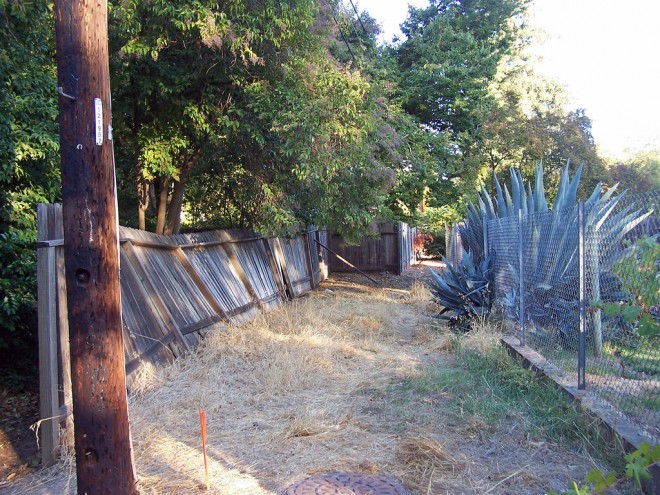
Nextdoor and Topix, two on the web community networks, hope virtual fences will translate to actual corporations. Photo: Jim at sonicchicken
Right after constructing neighborhood social networks in more than three,000 communities across the U.S., Nirav Tolia, has learned just how many different factors neighbors can accomplish. Employing Nextdoor, the site built by Tolia and his team, neighbors get burglars arrested, investigate achievable water poisoning, and quit the installation of parking meters. They lend one particular another ladders and grills, suggest babysitters, and upload videos of locals.
But the one particular factor they’re not hunting to do is make friends.
“You’re not pals with your neighbors,” Tolia says. “You don’t want to be close friends with your neighbors… The communication is a lot a lot more high fidelity if the context is clean.
“With your neighbors, everybody can get fired up about the pothole, and that’s one thing that your Twitter followers and your buddies and your business colleagues just don’t care about… On Facebook, I’m going to be posting about my birthday.”
Tolia may be on to a thing. A Pew study released last year identified that neighbors comprise just two percent of a typical American’s Facebook close friends, eclipsed by high school and college buddies (31 percent), family (20 percent) and coworkers (ten percent).
At Topix, a preferred on the internet gathering spot for modest-town Americans, the community discussion boards aren’t tender or cuddly.”Mostly they’ll fill it up with stuff like interpersonal gossip,” says Topix CEO Chris Tolles. “Once you get beyond like two doors down, that individual is outdoors of your general social interaction… Men and women kind of know every single other, but not truly.”
There’s a prominent line of thinking that says that the web has weakened our emotional ties and friendships by encouraging us to communicate in isolation. But physical distance is actually greater for deep emotional ties, if the experiences of Nextdoor and Topix are any indication. It turns out men and women, at least in America, tend to be not especially friendly with the folks closest to them and their families, but connect famously to folks on the other side of the country. Why is that?
It may possibly be that we’re not close friends with our neighbors due to the fact we’re moving and traveling a lot more than we utilized to, suggests urban studies professor and author Richard Florida. Understanding workers and other members of what Florida famously dubbed the expanding “Creative Class” tend to create neighborhoods with “little in the way of tight bonding and social capital,” Florida, says, citing investigation by his former student Brian Knudsen as nicely as by the sociologist Robert Cushing.
In other words, people are generating practical ties around certain ambitions, or engaging in what Florida refers to as “involvement in protests.” That is, things like nixing a city parking meter program, as Nextdoor members have done, or fighting a new waste therapy plant, as Topix members have completed.
This sort of targeted action occurs to be an area where Facebook is weak. Observers like social software guru Clay Shirky think purpose-oriented online groups will be behind the subsequent reinvention of social networking, particularly right after social media played such a prominent role in the Occupy movement and in the Arab Spring.
Each Tolia and Tolles think they can aid turn neighbors into something significantly a lot more strong than groups of close friends. Tolia added a feature enabling neighbors to send urgent text alerts to a single yet another when they see crime happening. “We literally believe that we can bring down crime rates,” he says. Nextdoor lately announced it was adding 20 new communities a day to its current network of three,300 U.S.-based neighborhoods, and Tolia thinks it can develop to 200,000 in the U.S. alone.
Meanwhile Tolles has launched a national political internet site, to be fed by grassroots reporting informed by the occasionally vicious neighborhood gossips he’s attracted to his forums. “There are people who exposed all sorts of weird neighborhood corruption, there are folks who have outed murderers, there’s lots of cool stuff in there,” he says.
You may not want to be close friends with your neighbors, but you do want to preserve in touch. If you do, who knows? Possibly that network will turn into as important to you as Facebook. And the firm that gets those fence-line relationships correct just as beneficial.








